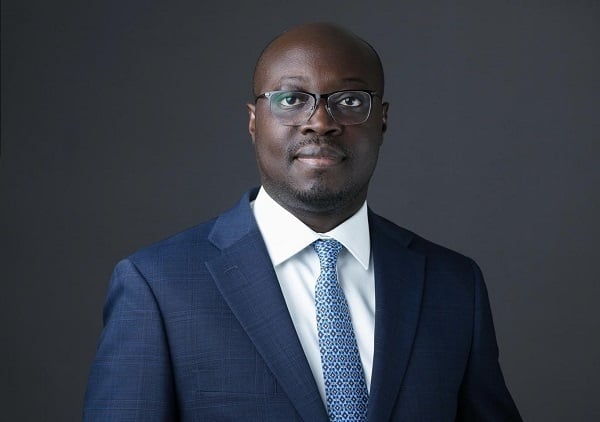Robert Talierco, the World Bank’s Country Director for Ghana, Liberia, and Sierra Leone, has cautioned Ghana against an early return to the international capital markets due to its current debt status.
Speaking at the launch of the World Bank’s latest Public Finance Review report in Accra on February 12, 2025, Talierco warned that re-entering the markets too soon could send negative signals to investors and lead to a resurgence of unsustainable borrowing costs.
He acknowledged Ghana’s progress in restructuring both domestic and external debts under the $3 billion IMF Extended Credit Facility (ECF) programme, which has provided significant debt relief. Ongoing fiscal consolidation efforts, including expenditure cuts and improved revenue collection, have also helped restore investor confidence.
However, Talierco emphasized the need for continued fiscal discipline. He noted that in 2022, Ghana was shut out of international capital markets due to high debt levels, sluggish economic growth, and an imbalanced balance of payments.
“Ghana must persist with its ambitious fiscal consolidation efforts, ensuring that the process remains both fair and sustainable,” he said.
He also stressed the importance of protecting essential investments that drive economic growth and benefit vulnerable populations while improving domestic revenue mobilization. Additionally, he urged Ghana to address rising fiscal pressures in the energy and cocoa sectors.
The World Bank report attributed Ghana’s recent debt crisis to weak expenditure controls, inefficient public spending, poor revenue collection, and excessive borrowing. While acknowledging Ghana’s progress in stabilizing its economy since 2022, the report recommended that fiscal consolidation be complemented with structural reforms to tackle the root causes of the crisis and promote sustainable economic transformation.
Ghana’s fiscal deficit has been a persistent challenge, averaging around 4% of GDP between 2008 and 2019—twice the level recorded between 2000 and 2007. During the same period, total expenditures averaged 19% of GDP, six percentage points higher than in the previous decade.
With these concerns in mind, the World Bank urged Ghana to maintain its current path of economic reforms to prevent a relapse into unsustainable debt levels.
-thehighstreetjournal.com


